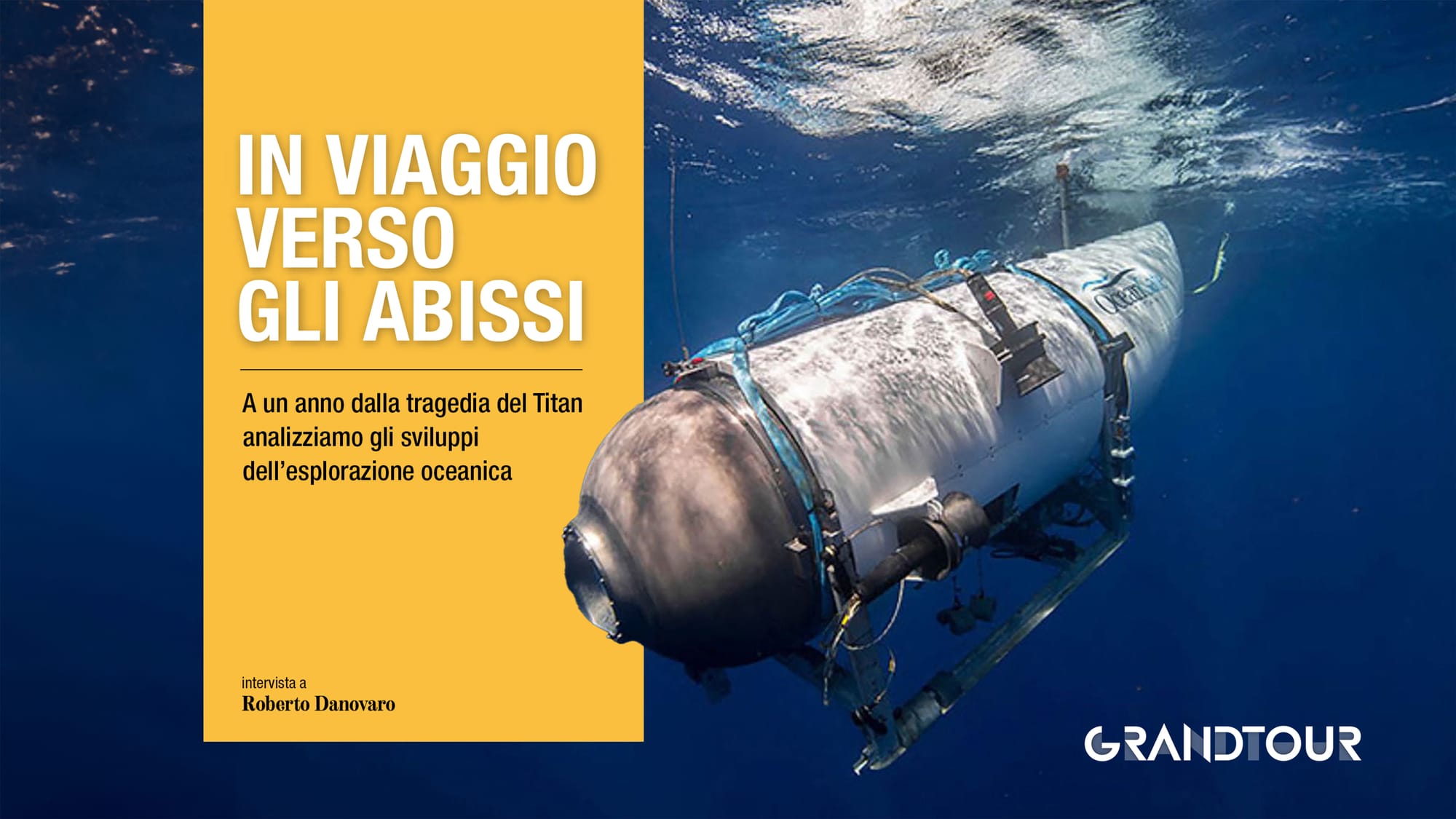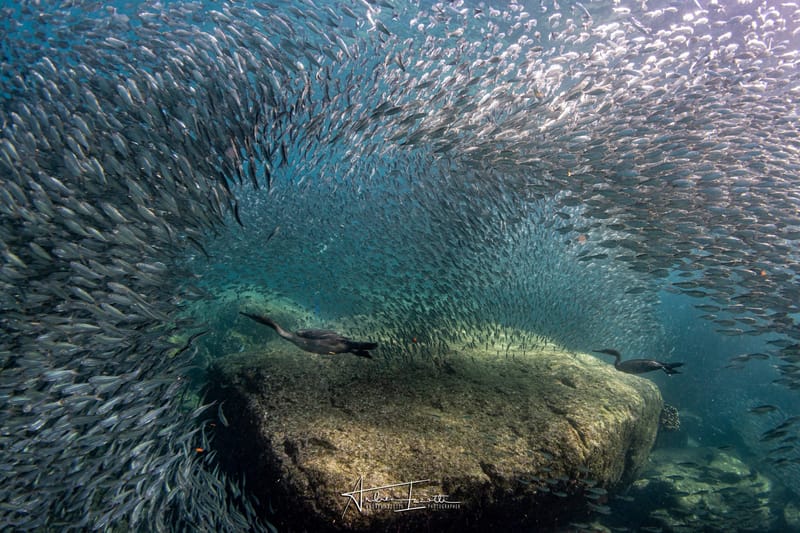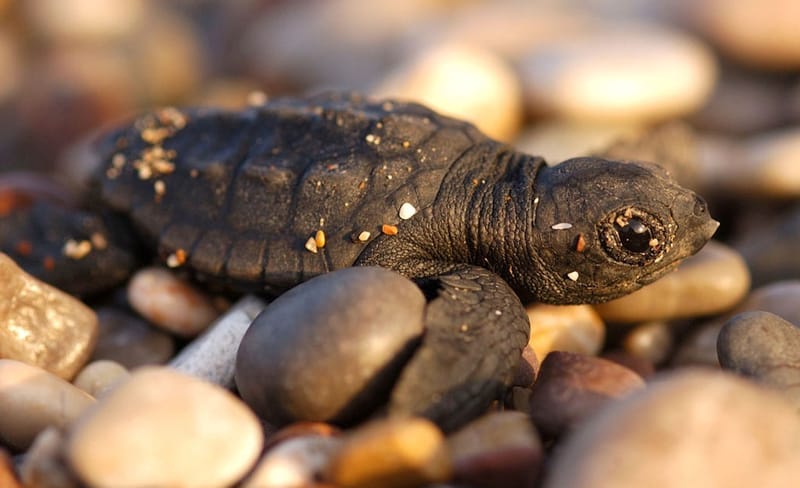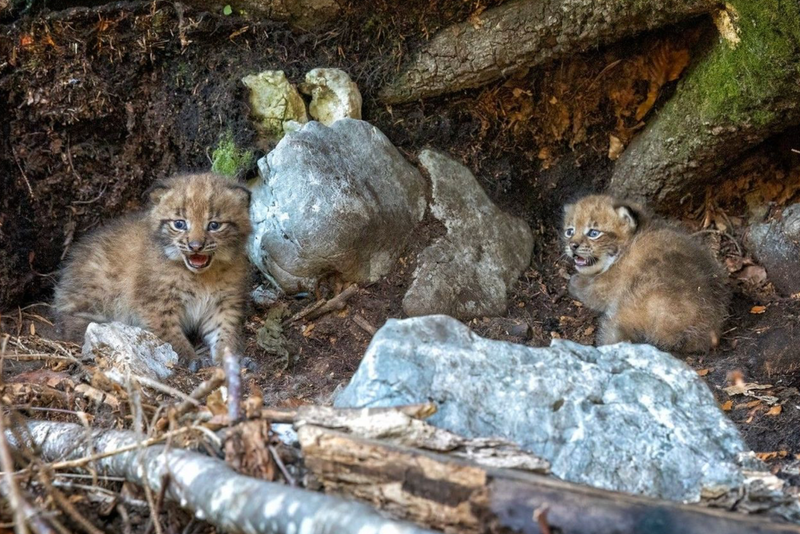Journeying to the depths, one year after the Titan tragedy
June 16, 2023 disaster just a few meters from the wreck of the Titanic. But the desire to explore the submerged depths of the oceans is unstoppable. And - with the proper arrangements - even extreme tourism is safely restarting. Interview with Roberto Danovaro
There is a fascinating story yet to be written. It has been stimulating man since the dawn of time. It intrigues him, like all challenges having to do with exploration and knowledge. It is the story of travel to the deep depths of the planet: places about which we know little but which have always tickled literary and cinematic fancies. From the Mariana and Tonga Trench, in the Pacific Ocean, to the Diamantina, in the Indian Ocean, to the 8,380-meter-deep Puerto Rico Trench, in the Atlantic: a geography of the unknown in the age when we know everything about everything, or almost everything.
One year after the Titan tragedy-the small submarine of the U.S. company OceanGate imploded, with five people on board, on June 16, 2023 just a few meters from the wreck of the Titanic-there are questions about developments in the exploration of the great ocean depths. "A painful story, which leaves us with two considerations. - comments Roberto Danovaro, professor of Marine Biology, Marine Ecology and Environmental Ethics at the Marche Polytechnic University - The first is that the sea does not forgive, the second is that for a certain type of activity, steps forward in terms of safety are needed, although the risk factor, as with space expeditions, fuels the fascination of exploration. As a researcher," he adds, "I hope that that of the deep will become one of the tourism of the future. Why? Because we are inclined to protect what we know. And in the recent past we considered the abysses as uninhabited deserts. A completely different scenario from reality." Yes, because reality shows an unsuspected triumph of biodiversity. Yet to be discovered.

The entire report is published in issue 1 of Grand Tour
Download the App and purchase it or ask for your hard copy!
You can purchase your copy by receiving it at home, nationwide, via postal shipment onour STORE
As of Saturday, June 1, issue 1 of Grand Tour is on newsstands throughout Naples and the islands of the Gulf









